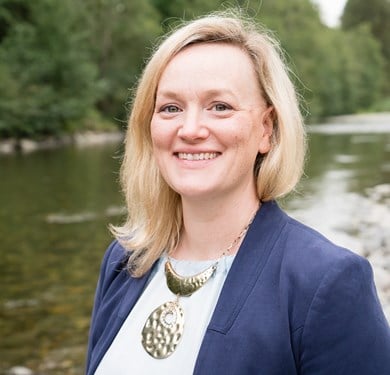Coming up on CAS Virtual Showcase:
Wednesday 30 June
4pm - 4.45pm - Moving Homework Online Key Stage: 1 & 2, Will Franklin. Suzanne Cray
Despite its many challenges, the national lockdown accelerated the adoption of online learning platforms in schools and encouraged teachers to find new opportunities to cover the curriculum digitally. In this session, we will explore a range of online resources to help teachers create exciting new homework activities that will boost children’s digital literacy skills, support their progress and, most importantly, save teachers time.
4pm - 4.45pm - Learning to Cross Curricular Topics: Using Podcasting to Deliver Lessons Key Stage: 3 -4, James Jerrold
This presentation will cover how to plan, create and deliver a podcast. As part of this process, James will explore how to consider content, audience, platform, recording technology and team dynamics. He will share the importance of editing technology, mic technique, interludes and music.
5pm - 5.30pm Top Tech Tips for EYFS Instagram Live Session - join us on @computingatschool KeyStage: EYFS, Hayley Winter, Wendy Piccinini, Bethan Ware
In this Instagram live session you will discover some top tech tips to use when teaching Early Years with guest speakers Hayley Winter (@allaboutearlyyears) and Wendy Piccinini (@ wendypicci) from the BCS Computing at School team
Thursday 1 July
4pm - 4.45pm - Data and Data Logging Key Stage: 2 & 3 Aimée Fagan: Roxana Escobedo
Find out more about the micro:bit and the Arduino Science Journal app. The Arduino Science Journal is a free, open-source app that allows you to gather data about the world around you by harnessing the sensors in your smartphone. It transforms smartphones, tablets, and Chromebooks into pocket-sized science tools that encourage students to explore their world.
As they conduct experiments, they’ll record observations and make new, exciting discoveries. The Arduino Science Journal app can be used on its own, or explored together with external sensors that are compatible with micro controllers that connect using bluetooth. The BBC micro:bit is a pocket-sized computer that introduces you to how software and hardware work together. It has an LED light display, buttons, sensors and many input/output features that, when programmed, let it interact with you and your world
4pm - 4.45pm - Microsoft’s Explore the Digital Future Programme Key Stage: 3 Jennifer King
During this session, hosted by Jennifer King, the Schools Engagement Lead for Microsoft, you will learn all about Microsoft’s digital skills programme that takes all the best resources across Microsoft, and brings them altogether into immediately useable lesson plans and experiences for your students. You will hear from teachers and Microsoft Innovative Educator Experts who have used the lessons about the impact it has had.
Friday 2 July
12pm - 12.45pm Supporting Learners with SEND through a Blended Learning Approach, Catherine Elliot
Schools have made great progress with remote learning over the past year. This session will help you to develop ways to support learners with special educational needs and disabilities (SEND) in computing through a blended learning approach. This will include how to use your learning platform effectively to support pre-teaching and consolidation of key learning, and highlight simple accessibility tools built into mainstream technologies.










